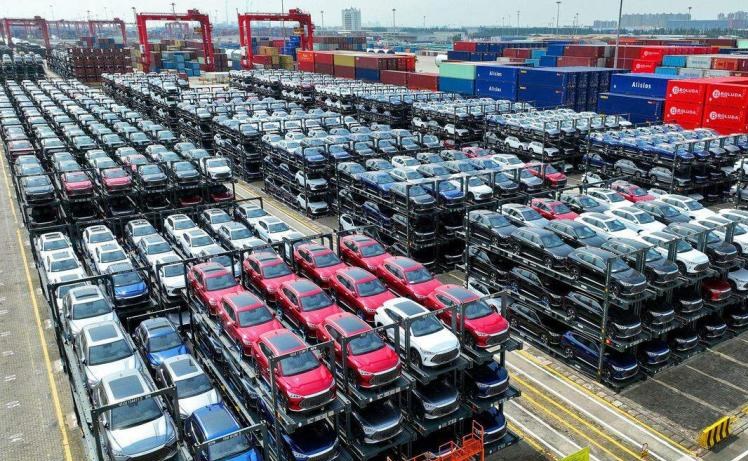
Turkey will raise tariffs on all cars imported from China by 40 percent in a bid to curb imports and narrow its current account deficit.
"Additional duties will be imposed on imports of traditional and hybrid passenger cars from China to increase and protect the declining share of domestic production," Turkey's trade ministry said, according to Reuters. The trade ministry statement said the additional tariffs were also aimed at reducing the current account deficit and encouraging domestic investment and production.
According to the presidential decision published in the official Gazette, the additional tariffs will be at least US $7,000 (S $9,466) per vehicle. If the 40 percent tariff calculated from the price of the imported car is less than $7,000, a minimum tariff of $7,000 will be imposed. The decision will take effect on July 7.
Bloomberg reported that Turkey had raised tariffs on Chinese electric vehicles in 2023 to support the country's first domestically produced electric vehicle.
The Turkish government is taking measures to combat inflation, including maintaining a tight monetary policy, strengthening the fiscal position and narrowing the current account deficit. Last year's deficit was $45.2 billion. Inflation stood at about 75.5 per cent at the end of May.

A new survey released in the United States shows that in the context of rising prices and growing concerns among the public about the economic outlook of the country, there is a coexistence of frugality and differentiation.
A new survey released in the United States shows that in th…
By the end of 2025, the situation in the Middle East resemb…
According to Channel NewsAsia, international oil prices hav…
On Sunday, US President Donald Trump Trump met with Ukraini…
Officials in the Trump administration, speaking on Fox News…
In 2025, the Trump administration reshaped the global trade…